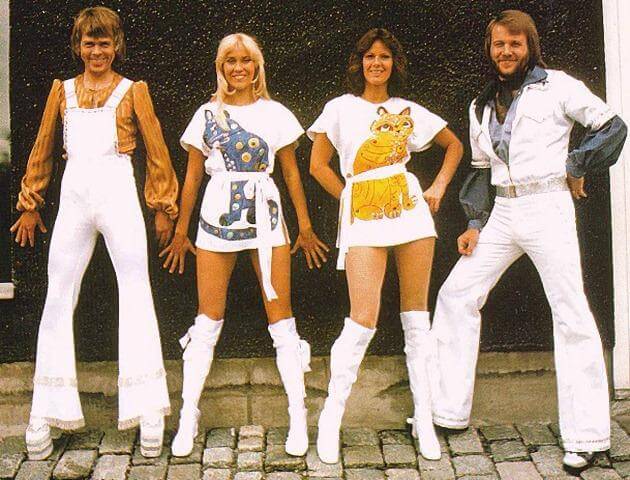 An opinion piece in the Harvard Crimson, written by one Sandra Y. L. Korn, is a work of such utter sophistry that the fact that it comes from the top academic institution on the globe is not the least bit surprising. Korn argues that Harvard should jettison academic freedom in favour of her concept of “justice.”
An opinion piece in the Harvard Crimson, written by one Sandra Y. L. Korn, is a work of such utter sophistry that the fact that it comes from the top academic institution on the globe is not the least bit surprising. Korn argues that Harvard should jettison academic freedom in favour of her concept of “justice.”
In its oft-cited Statement of Principles on Academic Freedom and Tenure, the American Association of University Professors declares that “Teachers are entitled to full freedom in research and in the publication of the results.” In principle, this policy seems sound: It would not do for academics to have their research restricted by the political whims of the moment.
Spot on, Sandra.
Yet the liberal obsession with “academic freedom” seems a bit misplaced to me. After all, no one ever has “full freedom” in research and publication. Which research proposals receive funding and what papers are accepted for publication are always contingent on political priorities. The words used to articulate a research question can have implications for its outcome. No academic question is ever “free” from political realities. If our university community opposes racism, sexism, and heterosexism, why should we put up with research that counters our goals simply in the name of “academic freedom”?
Instead, I would like to propose a more rigorous standard: one of “academic justice.” When an academic community observes research promoting or justifying oppression, it should ensure that this research does not continue. [links removed, bold added]
I liked it when she said that the policy of academic freedom was sound in principle. The logical next step would be to elaborate this principle and show why it does not apply. She seems to think it follows that, since total academic freedom in its most perfect form is unattainable, the principle should be jettisoned entirely.
One might make a similar argument about militarism: “In principle we should all be peaceful and not have weapons, but if other nations are going to have nuclear arsenals then we need the biggest and best nuclear arsenal so we can preserve peace.” But is it the case that the principle is only valuable if it can be achieved in its most perfect form?
Sandra is correct to observe that political biases can creep into research, that academic questions can be asked in such a way as to favour a given political predisposition, and that funding decisions are often politically motivated. Her puzzling conclusion is that this bias should be made explicit policy, that universities should actively stamp out “research promoting or justifying oppression.”
Here’s a question for Sandra: How will the stamping out of pro-oppression research affect the value of anti-oppression research? The answer is that it will reduce its value considerably. If there are some studies on one side of an issue and other studies on the other side, you can compare the arguments and the evidence presented and decide which side is more likely to be correct. But if one side is silenced, you can’t evaluate their arguments or their evidence, so you can’t know if the remaining side really has the superior argument. Censorship doesn’t award victory to one side of a debate, it makes the conclusion of the debate impossible.
By the way, I did all this critical thinking, amazingly, without going to Harvard.
The post Harvard No Longer Requires Critical Thinking Skills, Apparently appeared first on The Economics Detective.
 An opinion piece in the Harvard Crimson
An opinion piece in the Harvard Crimson